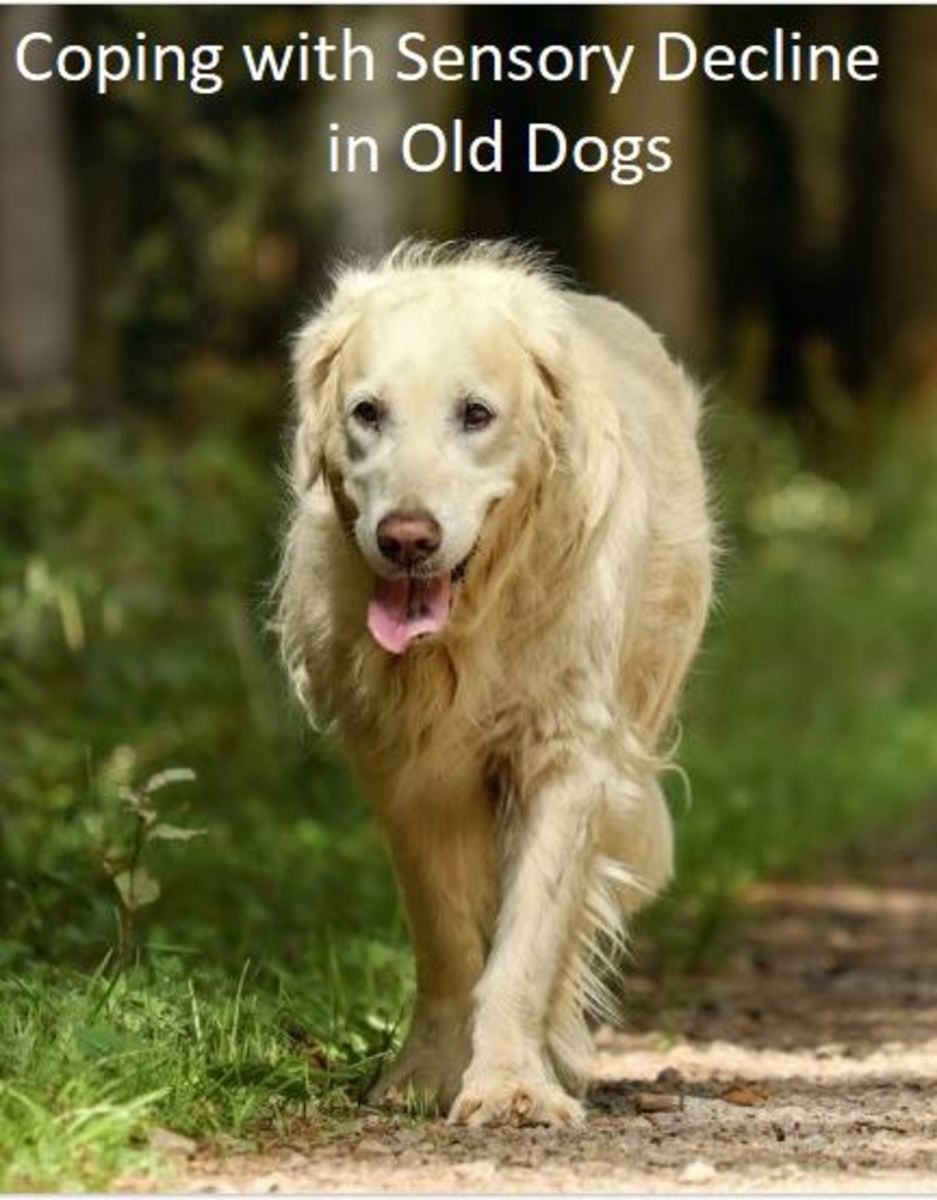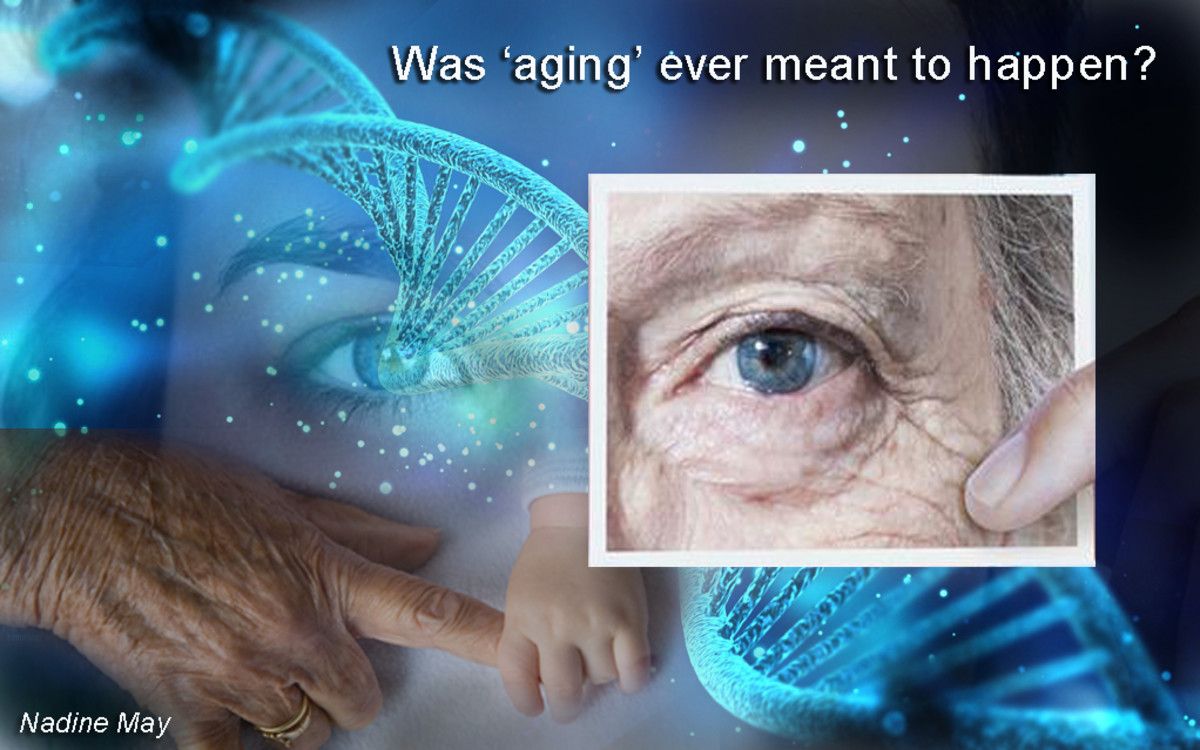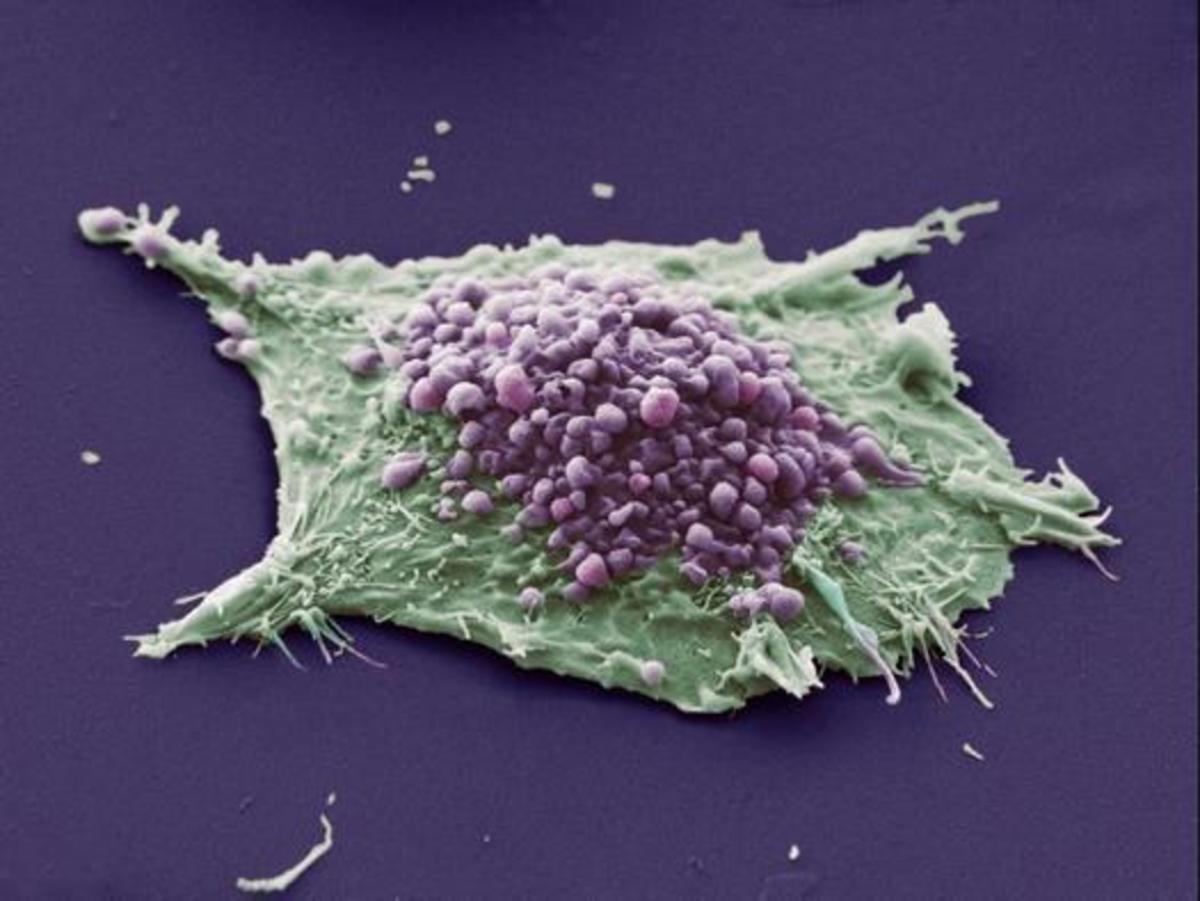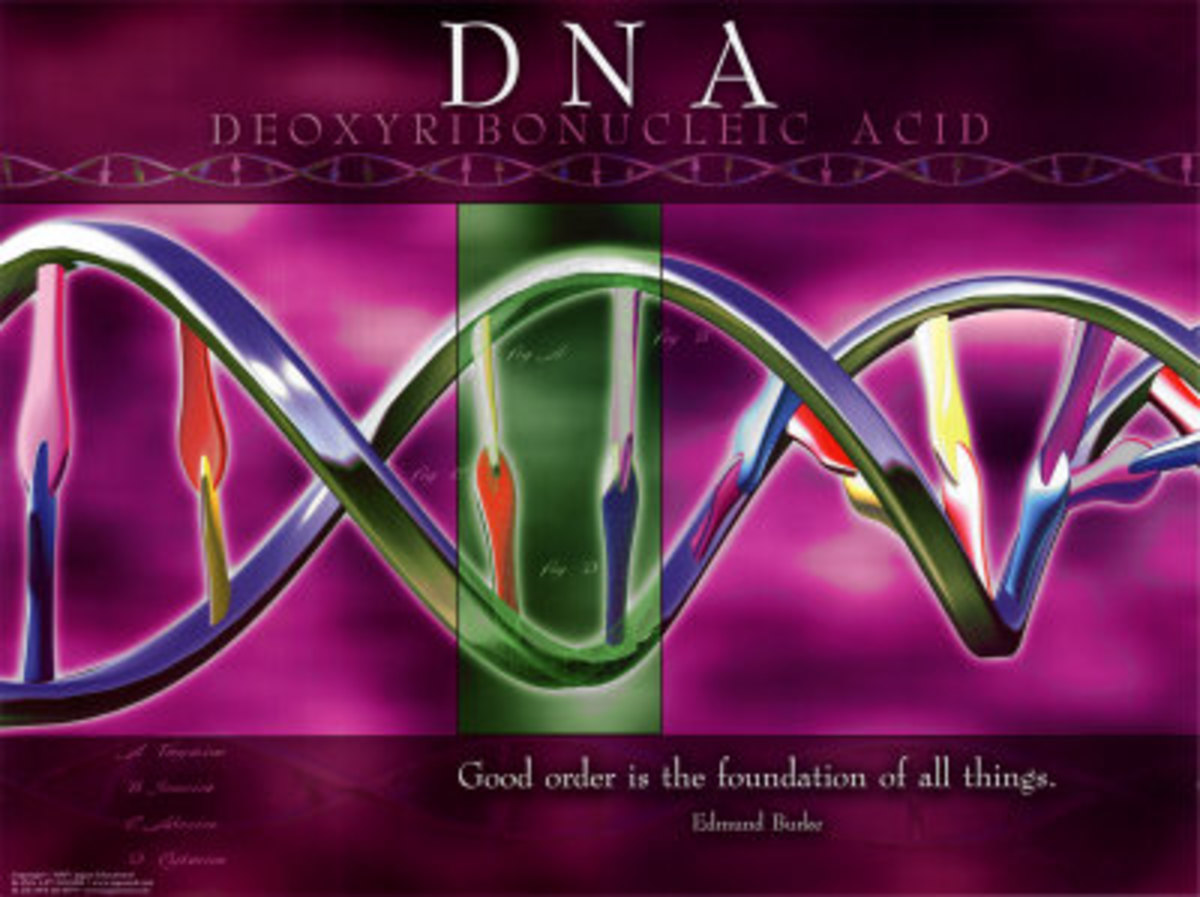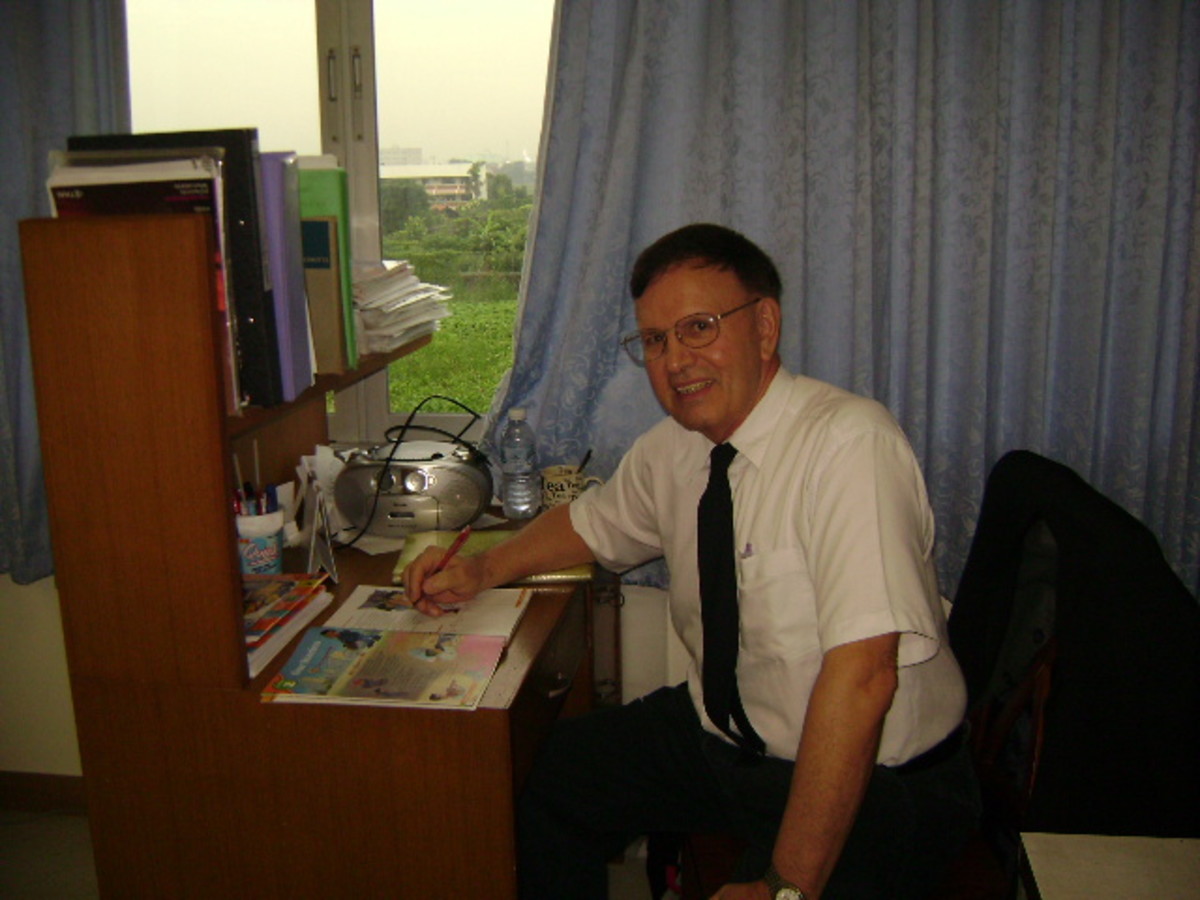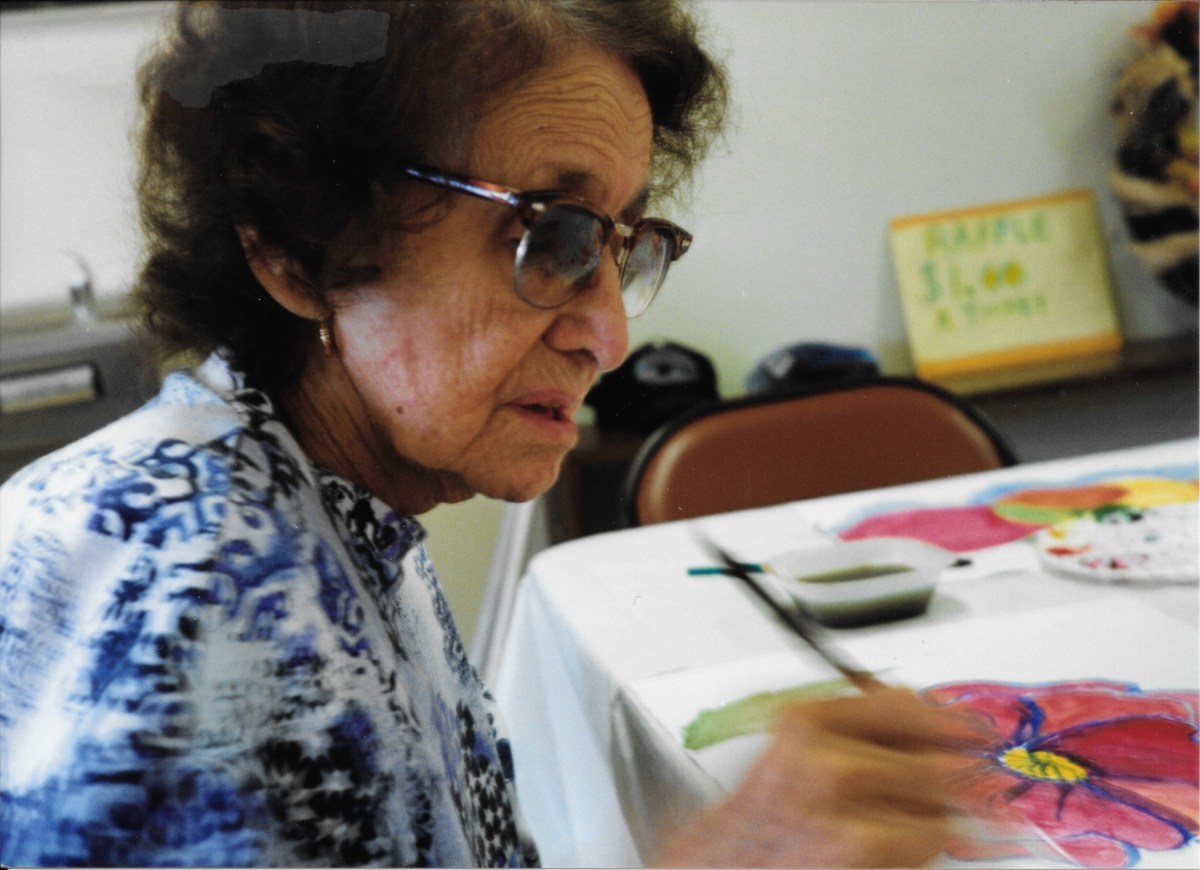Evolution and aging
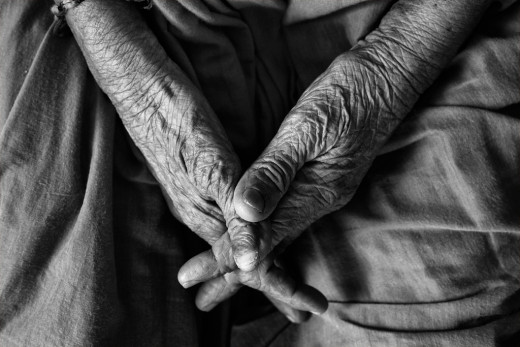
Why do we age?
Who knows how many times we fell off in our life, how many cuts and scratches our body had to repair and in most cases we could recover 100% from our injuries. But despite its ability to regenerate our body deteriorates after some time. Our hair grow grey, our skin loses elasticity and regenerating from cuts and scratches becomes slower and more difficult, this is the process also known as “aging”. Aging is the result of the loss of the regenerative potential of our cells. But why do we age? To answer this question we must consider that as everything our body wears as well. In fact everyday during our activities our cells withstand mutations of their DNA. In most cases our body is able to repair these damages and often “damaged” cells are substituted by new healthy ones. But overall aging is the consequence of many factors. To simplify we can divide them in genetic and environmental.
Interesting Documentary about aging
The importance of telomeres
Whether we have a hidden timer in our genes it’s still under debate. Research is focusing on finding genes related to the aging process and although we could not find a specific gene that is able to switch-off the aging process the correlation between genetics and aging looks more evident than ever. For example there is an enzyme called “telomerase” that is able to make our cells truly “immortal”. To understand what this enzyme does we need to understand first what is a telomere. Our genetic information is located in our DNA. Every time a cell divide its DNA is copied but as the process is extremely complex and difficult it is not perfect, thus and usually there are little portions of DNA that are not copied . Luckly our evolution equipped our cells with few extra segments of DNA called “telomeres”. These segments do not carry meaningful genetic information but are extremely useful as they get shorter instead of our coding-DNA. Unfortunately, when a cell divides a lot its telomers gets too short and this cell is not able to divide anymore, going through a process of senescence or even cell death. What telomerase are able to do is to recreate telomers at the edges of our DNA, thus allowing cells to divide undefinitely. But if we know about this why don’t we use telomerases to become immortal?well this process comes to a cost. In fact cell death is part of our defense mechanism against cancer. When a cell lives for too long it has higher risks to accumulate mutations of its DNA, becoming more unstable. So paradoxically cell death is a mechanism that can keep us alive. But this is a very expensive process. Considering that our physiology is the product of thousands of years of evolution, where our ancestors were struggling for food and for survival the question was one: Why invest for a indefinite survival if the environment was going to kill us soon? It seem reasonable then that our evolution is a trade off between reproducing and staying in good repair.
Invest in your knowledge, learn more about the topic
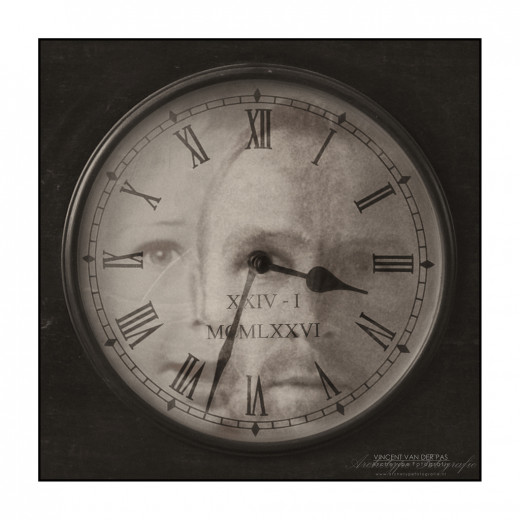
How can we slow down aging?
If there is not much we can do about the genetic side of aging what can we do to slow down aging?Another important aspect to consider is the environment where we live in. There are many speculations and little proofs about what really weight on how quick we grow old. The main believes are for example the oxydative stress, caloric restriction and physical activity. About oxydative stress it is due to free radicals. These are molecules, products of cell metabolism, that are unstable and as consequence destabilize and create damage in our body. A way to neutralize the effects of these molecules is to eat food rich in anti-oxidants, those molecules are able to consume free radicals. However, there is lack of scientific evidence that oxydative stress would significantly increase and speed up aging.
Connected to the previous idea is the caloric restriction. There is a number of scientists that believe that decreasing the caloric intake of our diet would contribute to slow down the aging process. Although this hypothesis is not yet supported by strong evidences, controlling our diet could prevent the cardio-vascular diseases and diabetes, thus allowing us to live longer. To further decrease the chances to develop diseases related to a sedentary life physical activity is definitely something we need. There is nothing new here, we all know that a bit of excercise never killed anybody and can only benefit your health and your mood too.
Aging is not the same for all the species
Anyway aging doesn’t come to every species, there are animals in fact that have extraordinary regeneration abilities. Why they can regenerate better than us?Well these animals evolved differently, they invest a high amount of their energy to stay in good repair, in fact, they have higher number of cells that can divide and regenerate entire tissues, germ cells. But this high regenerative potential comes to a cost, these species needs to stay simple. Our evolution followed a different path, our germ cells are confined in specific regions, gonads, allowing us to develop complex tissues were cells specialize.
But there is a good news. Not all our cells age and die, in fact there are few cells in our body that can escape death. Those cells can contribute to the generation of new individuals, our sons. While we struggle to find an elixir of long life, the only way we have to live forever is to have many sons.





